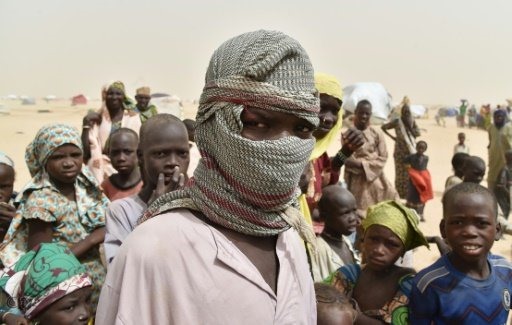

UN Security Council envoys on Thursday travel to Africa's
 |
| The humanitarian crisis in Africa’s Lake Chad region has been a largely relegated to the bottom of the diplomatic agenda as war in Syria and South Sudan escalated. — AFP/VNA Photo |
UNITED NATIONS — UN Security Council envoys on Thursday travel to Africa’s
The 15 ambassadors from the UN’s top decision-making body hope to draw global attention to the emergency affecting 21 million people across four countries:
The visit could also pave the way to stronger action by the Security Council to address what has been a largely ignored crisis, relegated to the bottom of the diplomatic agenda as war in
British Ambassador Matthew Rycroft said the visit will "shine a spotlight of international attention on the humanitarian crisis" at a time when donors are asked to come up with new financing for the region.
The crisis has been "largely overlooked" and the Security Council was "perhaps a bit slow off the mark in tackling the threat of Boko Haram," Rycroft said.
Led by
The visit begins in
The United Nations is seeking US$1.5 billion in funding for 2017 for the Lake Chad region -- almost half of which is needed for northeast
‘Perfect storm’ of challenges
Boko Haram took up arms in 2009 in pursuit of an Islamic state in northern
Africa’s second-largest oil producer,
Last month, a Nigerian military jet accidentally bombed a camp for displaced people in Borno state, killing at least 112 civilians, including six Nigerian Red Cross workers, and wounding 100.
Compounding the crisis, climate change and population growth have turned Lake Chad -- once one of
The lake’s water basin has shrunk to barely 10 per cent of its 1960s levels. The ambassadors will encourage the four countries to come up with a new strategy to address the crisis and its many facets, French Ambassador Francois Delattre said.
Governments should "adopt a comprehensive approach to address the root causes of terrorism, including governance and development," he said.
The
"This cannot be a one-off," he added. "We need a serious follow-up when we come back."
Fourteen countries pledged $672 million to the Lake Chad funding appeal at a donors’ conference in









